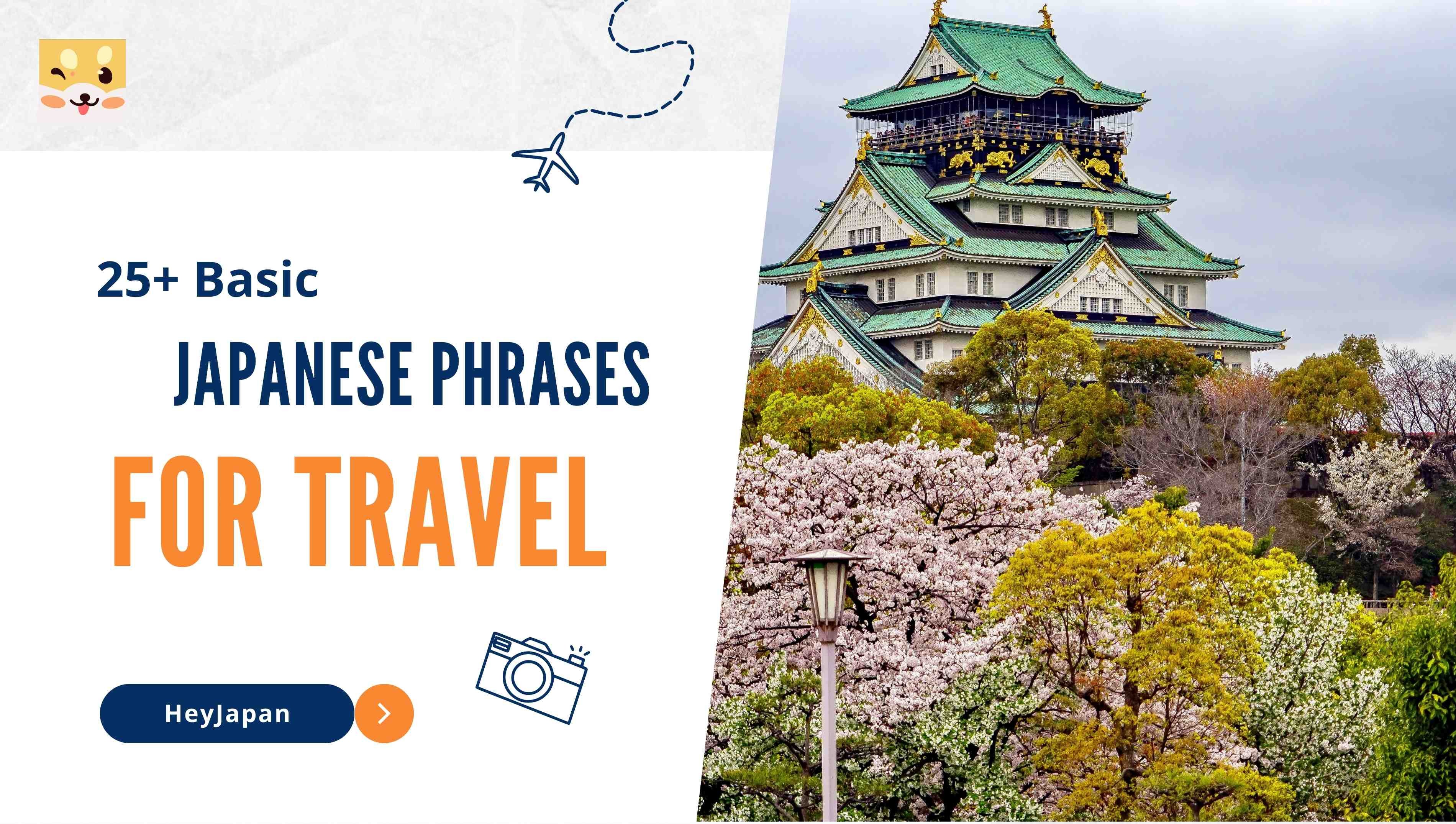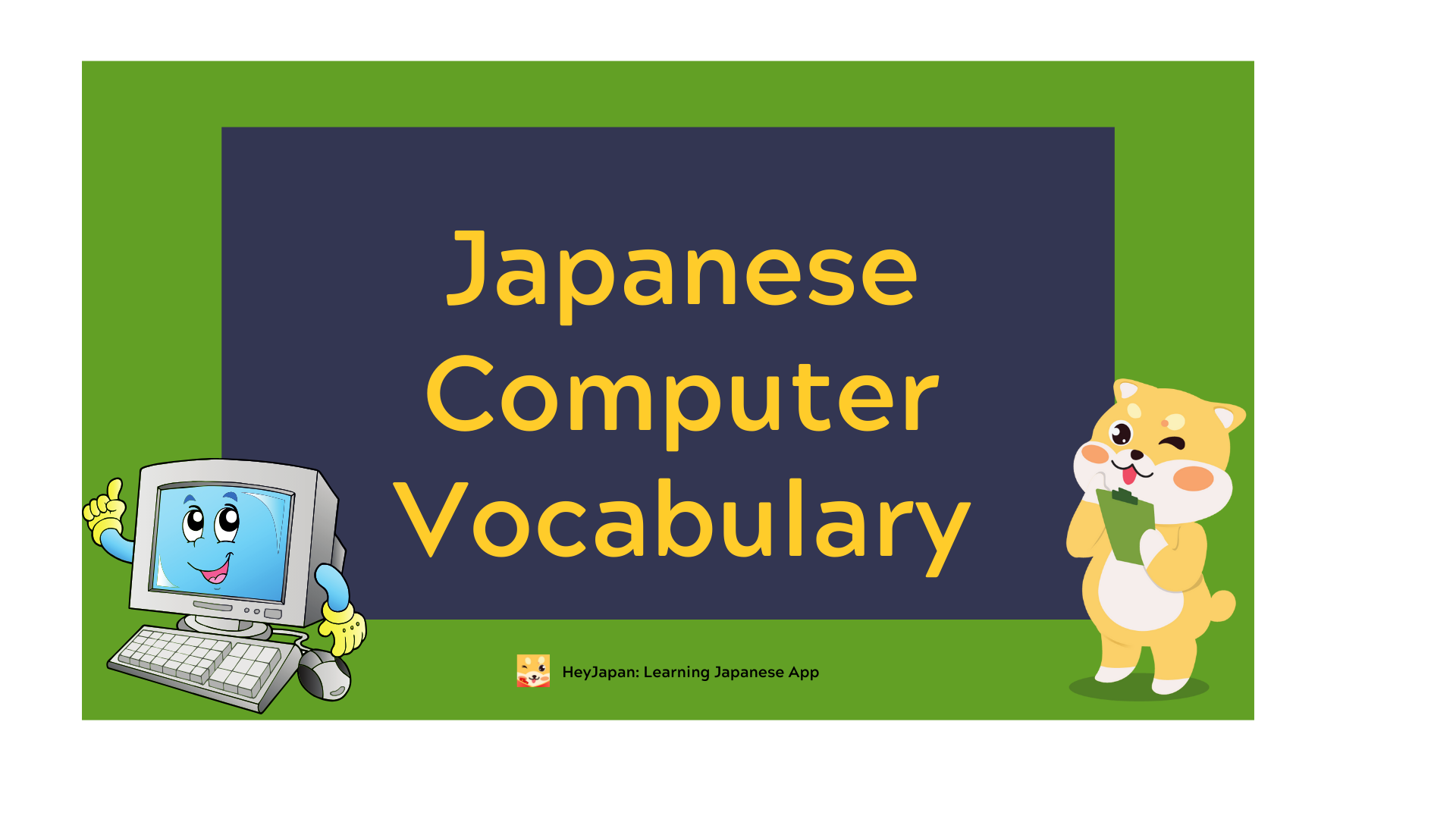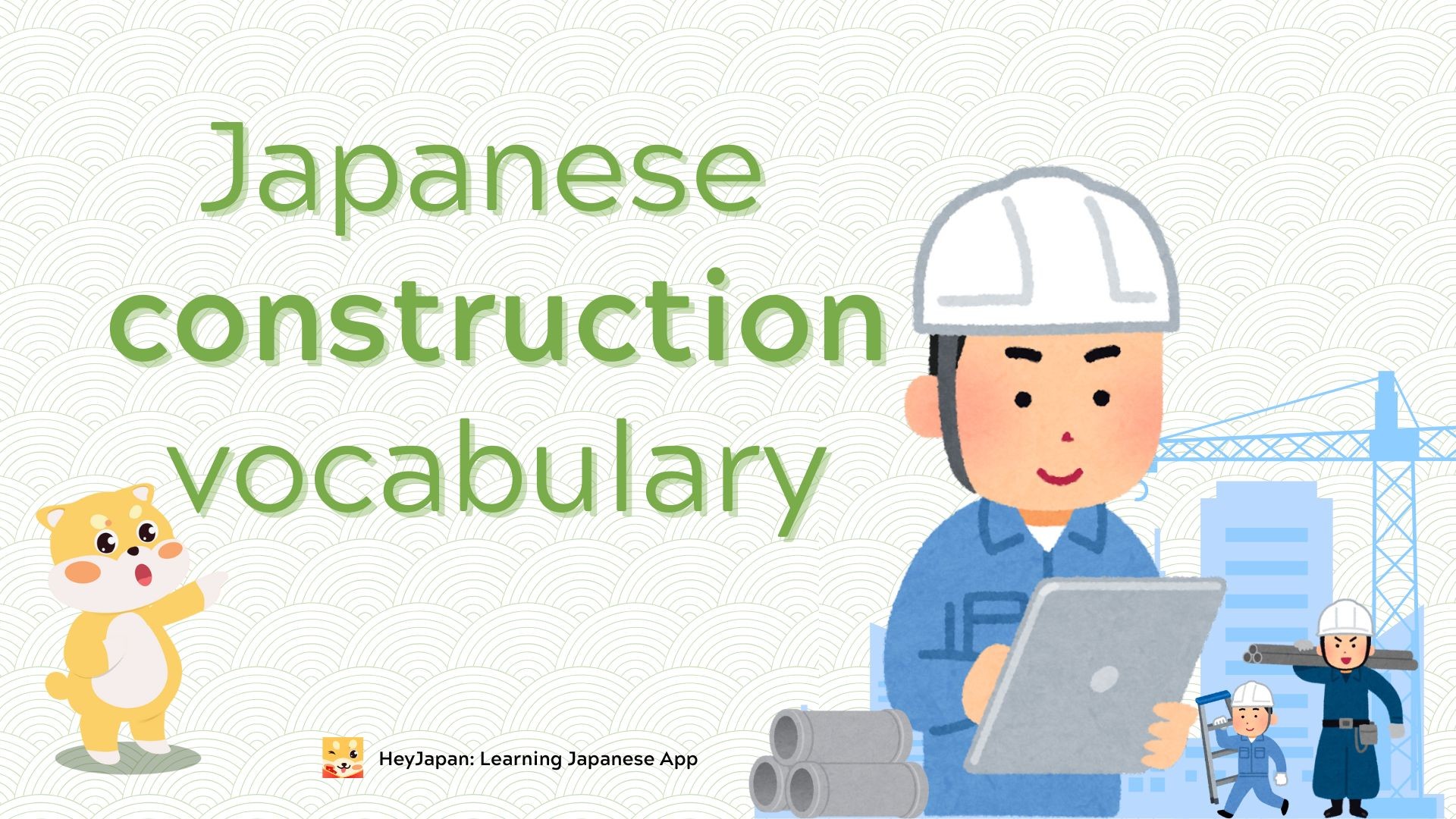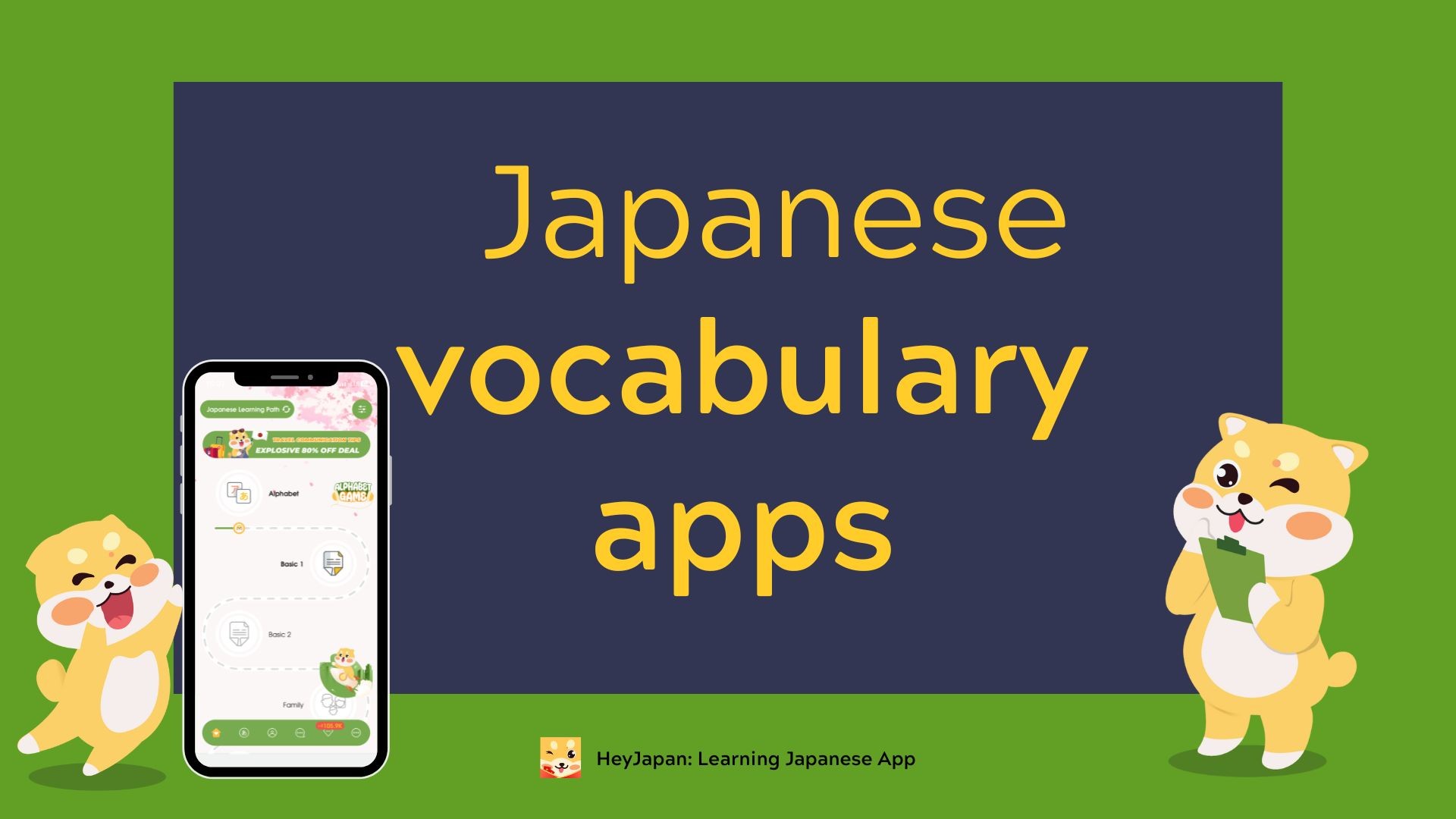- 1. Greetings and Introductions
- 2. Asking for Directions
- 3. Ordering Food and Drinks
- 4. Shopping and Bargaining
- 5. Transportation
- 6. Emergencies and Safety
- 7. Common Expressions
- 8. Conclusion
- FAQs
- Q1: Is it necessary to learn Japanese before visiting Japan?
- Q2: Are the Japanese people welcoming towards tourists?
- Q3: Can I use English in Japan?
- Q4: Are there any cultural etiquette I should be aware of?
Are you preparing for a journey to Japan? In this article, we will provide you with a comprehensive list of 25+ essential Japanese phrases that will help you navigate daily interactions, communicate with locals, and make your journey more enjoyable. Let's dive in!
1. Greetings and Introductions
Konnichiwa - Hello
As you start your adventure in Japan, a simple "Konnichiwa" is the perfect way to greet someone. It is a versatile phrase that can be used throughout the day as a general greeting.
Hajimemashite - Nice to meet you
When meeting someone for the first time, you can use "Hajimemashite" to express that it is a pleasure to make their acquaintance. It is a polite way to introduce yourself.
Ohayou gozaimasu - Good morning
To wish someone a good morning, say "Ohayou gozaimasu." It's a warm and respectful greeting commonly used until around 10 a.m.
Konbanwa - Good evening
In the evening, you can say "Konbanwa" to greet someone. It's a friendly way to acknowledge the time of day.
Try learning Japanese for free here: https://heyjapan.net/lessons?hl=en
2. Asking for Directions
Sumimasen, ____ eki wa doko desu ka? - Excuse me, where is the ____ station?
When you find yourself in need of directions, this phrase will come in handy. Fill in the blank with the name of the station or location you are looking for.
Eigo o hanashimasu ka? - Do you speak English?
If you encounter language barriers, politely ask if the person speaks English. This can help you find someone who can assist you in your preferred language.
Michi o tootte kudasai - Please show me the way
If you're lost and need someone to guide you, use this phrase to politely ask for directions. It shows respect and will likely elicit a helpful response.

Japan has a lot of amazing views that you should visit
3. Ordering Food and Drinks
Menyuu o onegaishimasu - May I have the menu, please?
When you enter a restaurant, use this phrase to request the menu. It's a polite way to indicate that you would like to see what's available before placing your order.
Osusume wa nan desu ka? - What do you recommend?
If you're unsure what to order and want a recommendation, ask the waiter or waitress with this phrase. They will be happy to suggest their specialty or popular dishes.
Oishii desu - It's delicious
When you take that first bite of a mouthwatering Japanese dish, express your delight by saying "Oishii desu." It's a simple way to convey your appreciation for the culinary experience.
4. Shopping and Bargaining
Ikura desu ka? - How much is it?
While shopping, if you want to know the price of an item, use this phrase. It allows you to inquire about the cost and helps you make informed decisions.
Sukkiri shite kudasai - Can you give me a discount?
In some situations, bargaining is acceptable in Japan. If you want to negotiate the price, politely ask, "Sukkiri shite kudasai." It may lead to a discounted offer.
Waribiki wa arimasu ka? - Is there a discount available?
Use this phrase to ask if there are any discounts or promotions currently available.
Kore o yasuku shite kudasai - Can you lower the price?
Use this phrase to politely negotiate or bargain for a lower price on an item.
Kore o kudasai - I'll take this one, please
After selecting an item you wish to purchase, use this phrase to let the shopkeeper know. It indicates your intention to buy and initiates the transaction.
5. Transportation
Doko made ikimasu ka? - Where does this go?
When using public transportation, such as trains or buses, and you're unsure if it's heading in your desired direction, ask this question. It will help you confirm if it's going to your destination.
Tomari-masu ka? - Does this stop here?
To confirm if a specific mode of transportation stops at your desired location, use this phrase. It ensures you get off at the correct stop and don't miss your destination.
Pasu wa dokode kau no desu ka? - Where can I buy a ticket?
If you're unsure where to purchase tickets, ask this question. It will guide you to the ticket counter or vending machines, depending on the location.
Kono basu wa [destination] ni ikimasu ka? - Is this bus going to [destination]?
If you're not sure about your destination, ask people this question.
[Destination] e mukou chikatetsu no noriba wa dochira desu ka? - Which platform does the subway train for [destination] depart from?
6. Emergencies and Safety
Tasukete! - Help!
In emergency situations, use this phrase to call for help. It is a simple and straightforward way to draw attention and seek assistance from people nearby.
Kyuukyuu sha o yonde kudasai - Please call an ambulance
If you or someone else requires medical assistance, use this phrase to request an ambulance. Make sure to stay calm and provide the necessary details for a prompt response.
Denwa o shite mo ii desu ka? - May I use the phone?
If you need to make an urgent call, ask politely by using this phrase. It shows respect for the person you're requesting assistance from.
7. Common Expressions
Arigatou gozaimasu - Thank you very much
Express your gratitude by saying "Arigatou gozaimasu." It's a polite way to thank someone for their help, service, or kindness.
Gomen nasai - I'm sorry
If you accidentally bump into someone or make a mistake, use this phrase to apologize. It demonstrates respect and acknowledges the inconvenience caused.
Sayounara - Goodbye
When it's time to bid farewell, use "Sayounara." It's a formal way to say goodbye, often used when parting with acquaintances or people you may not see again.

Amazing views that you won't want to miss when you visit Japan
8. Conclusion
Learning a few basic Japanese phrases can make a significant difference during your travels in Japan. By showing respect for the local culture and attempting to communicate in their language, you'll create memorable experiences and forge deeper connections with the people you meet. Embrace the opportunity to immerse yourself in the rich Japanese culture, and don't be afraid to step out of your comfort zone. Enjoy your journey and remember, a friendly smile goes a long way!
FAQs
Q1: Is it necessary to learn Japanese before visiting Japan?
A1: While it's not mandatory to learn Japanese, knowing some basic phrases can greatly enhance your travel experience and make interactions with locals more meaningful.
Q2: Are the Japanese people welcoming towards tourists?
A2: Yes, Japanese people are generally warm, polite, and helpful towards tourists. They appreciate the effort to learn their language and culture.
Q3: Can I use English in Japan?
A3: English is not widely spoken in Japan, especially outside major tourist areas. However, you can find English signage and some people who can communicate in English.
Q4: Are there any cultural etiquette I should be aware of?
A5: Yes, Japan has a unique set of cultural norms. It's advisable to learn about basic etiquette, such as bowing, removing shoes in certain places, and using chopsticks correctly, to show respect.
Learn basic Japanese with HeyJapan
iOS: https://apps.apple.com/us/app/heyjapan-learn-basic-japanese/id1576311051
Android: https://play.google.com/store/apps/details?id=com.eup.heyjapan









